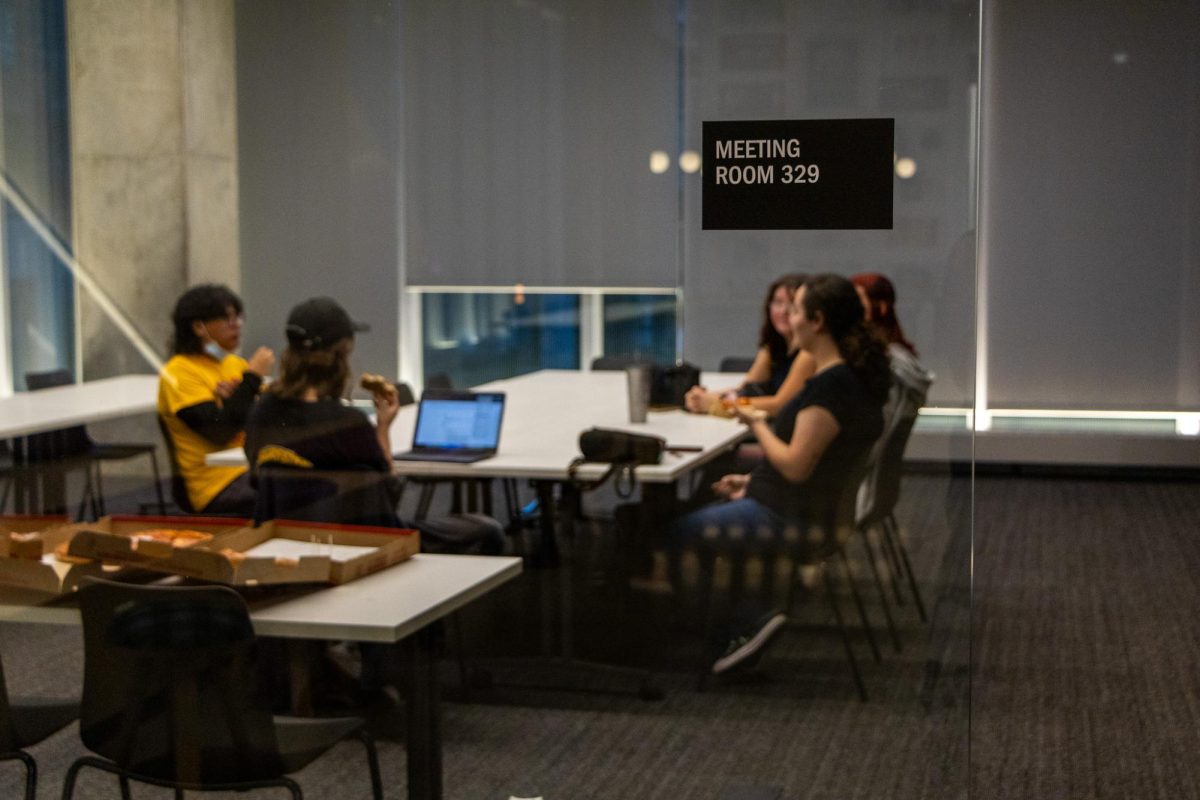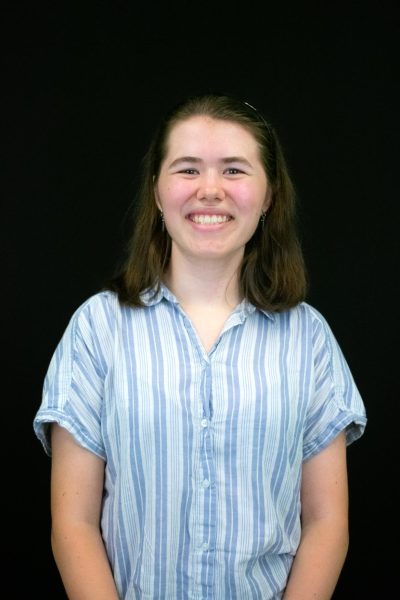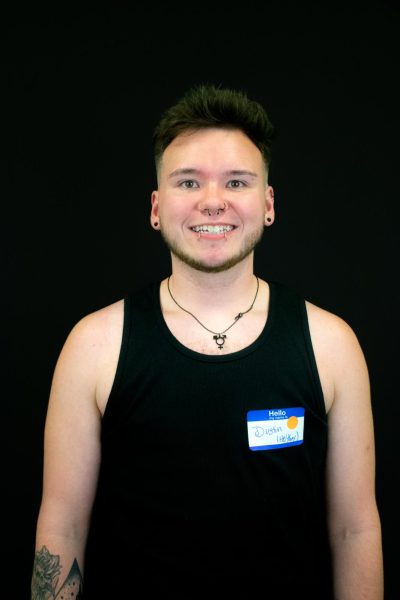Columbia’s land acknowledgment was changed to reflect a new federally recognized tribal land in the state of Illinois.
The updated land acknowledgment was revealed at the All-College Retreat in mid-August. A land acknowledgment is a formal statement recognizing the Native people who inhabited a given piece of land and affirms Indigenous sovereignty.
In April, the Prairie Band Potawatomi Nation had part of their land returned to them, making it the first federally recognized piece of tribal land in Illinois. This change has reduced the number of states without Native American reservations from 15 to 14. The land includes portions of the Shab-eh-nay Reservation land located in DeKalb County. The Prairie Band Potawatomi Nation originated in the Great Lakes region but was forcibly removed in the 19th century and is now headquartered outside of Topeka, Kansas.
The Prairie Band Potawatomi Nation has no immediate plans for the restored land; however, all current homeowners will keep the title to their land and continue living in their homes.
Susan Kerns, associate provost of Faculty Research and Development, worked on the revised land acknowledgment with Danielle Alexander, the former Academic Diversity, Equity and Inclusion program coordinator for the Antiracism Transformation Team.
“Columbia’s land acknowledgment was created a number of years back – I believe in 2018 or 2019 – so we just updated a few words to reflect this news,” Kerns said.
The land acknowledgment now also includes a digital acknowledgment and a call to action. Both of these are posted at the bottom of the Student Diversity and Inclusion website. The digital acknowledgment is a modified version of the original, bringing a focus on the digital space, as well as offering a place for students to make their own personal acknowledgments.
“We have a lot of online classes,” Kerns said. “so the digital acknowledgment might work better for those spaces, and some people prefer a call to action that lets people know there is much more work to be done, while providing some options people can look into.”
Columbia’s Proud Artists of Native and Indigenous Communities is a group that was recently created this past spring.
Amelie Vela, a sophomore graphic design major, is one of five officers of PANIC.
When she first started at the college last spring, she “saw the land acknowledgment” but then thought, “if they have land acknowledgments, why don’t they have an Indigenous student alliance?
“I thought it was kinda weird because how are we supposed to uplift, when no one’s speaking about them?” Vela said.
Shortly after, senior film and television major Reva Beltran created the PANIC club.
Beltran was in Columbia’s Native American Literature class last spring when she met a fellow Native student and that inspired her to search for community. “This is something I’ve always wanted to do at Columbia, so we started looking into it,” Beltran said.
Now, PANIC is a recognized club that has bi-weekly meetings on Thursdays at 7 p.m. in the Student Center that consist of community building and discussions on how to empower Native voices. PANIC has plans to educate the Columbia community about holidays, like Columbus Day, and teach about the background of the holidays from a Native viewpoint.
“For a lot of centuries, our voices have been shut down or forced to be quiet,” Vela said.
Being a new group, PANIC is always looking for new members. “We’re open to anyone coming to the club,” Beltran said. “We have some non-Native members who just like to hang out and see what we’re talking about.”
The group has a Show and Tell activity planned for their meeting Sept. 26, where club members bring photos or things that represent their culture to share with the group.
According to Beltran “what would be better than a land acknowledgment would be if Columbia hired Native staff for classes, like Native Literature, and just tried to create a community for Native students.” In Fall 2023 none of Columbia’s full-time faculty members identified and just one part-time faculty identified as Indian/Alaskan Native, according to the 2023 Fact Book.
Lucca Datill, a sophomore film and television major, said Indigenous people would benefit more from more quantifiable change, such as funding or schools or other projects. Datill grew up in Washington, which has a large Native American population with 29 federally recognized tribes. His home there is located right at the edge of a reservation.
“I think they care a lot more about that than some white guy going ‘Oh, by the way, we know we killed almost all of you, but we acknowledge it’,” Datill said.
Copy edited by Vanessa Orozco
Resumen en Español
En agosto, Columbia anunció una declaración formal que reconoce a la Nación Potawatomi de Prairie Band como los habitantes nativos del terreno que ocupa la universidad. La nación solía estar ubicada en el estado de Illinois pero ahora mantiene su base en Topeka, Kansas. El terreno que fue devuelto en Abril representa la primera tierra tribal reconocida a nivel federal en Illinois e inspiró la revisión.
Resumen en Español por Sofía Oyarzún
Resumen en Español copia editada por Doreen Abril Albuerne-Rodriguez










